Seamus O’Regan, minister of indigenous services, has provided an update for August 2019 on the government’s commitment to end long-term drinking water advisories.
In August 2019, three short-term drinking water advisories at risk of becoming long-term were lifted from public systems on reserves.
The following short-term drinking water advisories were lifted:
- Mishkeegogamang, in Ontario, lifted a short-term boil water advisory from its 63B public water system on August 19, 2019. The precautionary advisory, in effect since June 13, 2019, was put in place until monitoring of the system could confirm the quality of the water and ensure public health was protected. Indigenous Services Canada (ISC) supported the First Nation to ensure proper sampling and testing was being conducted.
- Wabigoon Lake Ojibway Nation, in Ontario, lifted a short-term boil water advisory from its public water system on August 27, 2019. The precautionary advisory, in effect since June 15, 2019, was put in place until monitoring of the system could confirm the quality of the water and ensure public health was protected. ISC supported the First Nation community to ensure proper sampling and testing was being conducted.
- Red Earth Cree Nation, in Saskatchewan, lifted a short-term boil water advisory from its public water system on August 29, 2019. The precautionary advisory, in effect since May 7, 2019, was lifted following repairs to a water line break and successful bacteriological testing.
“For the last three years we’ve worked non-stop with our Indigenous partners and invested the necessary resources to deliver on our commitment to clean, reliable drinking water for First Nations across the country,” said Seamus O’Regan, minister of indigenous services. “Our commitment to removing every long-term drinking water advisory on public systems on reserves is unwavering and has resulted in 87 long-term drinking water advisories being lifted and safe, clean water delivered to the impacted communities.”
Since November 2015, 87 long-term advisories affecting public systems on reserves have been lifted. There are currently 56 long-term advisories affecting public systems on reserves remaining.

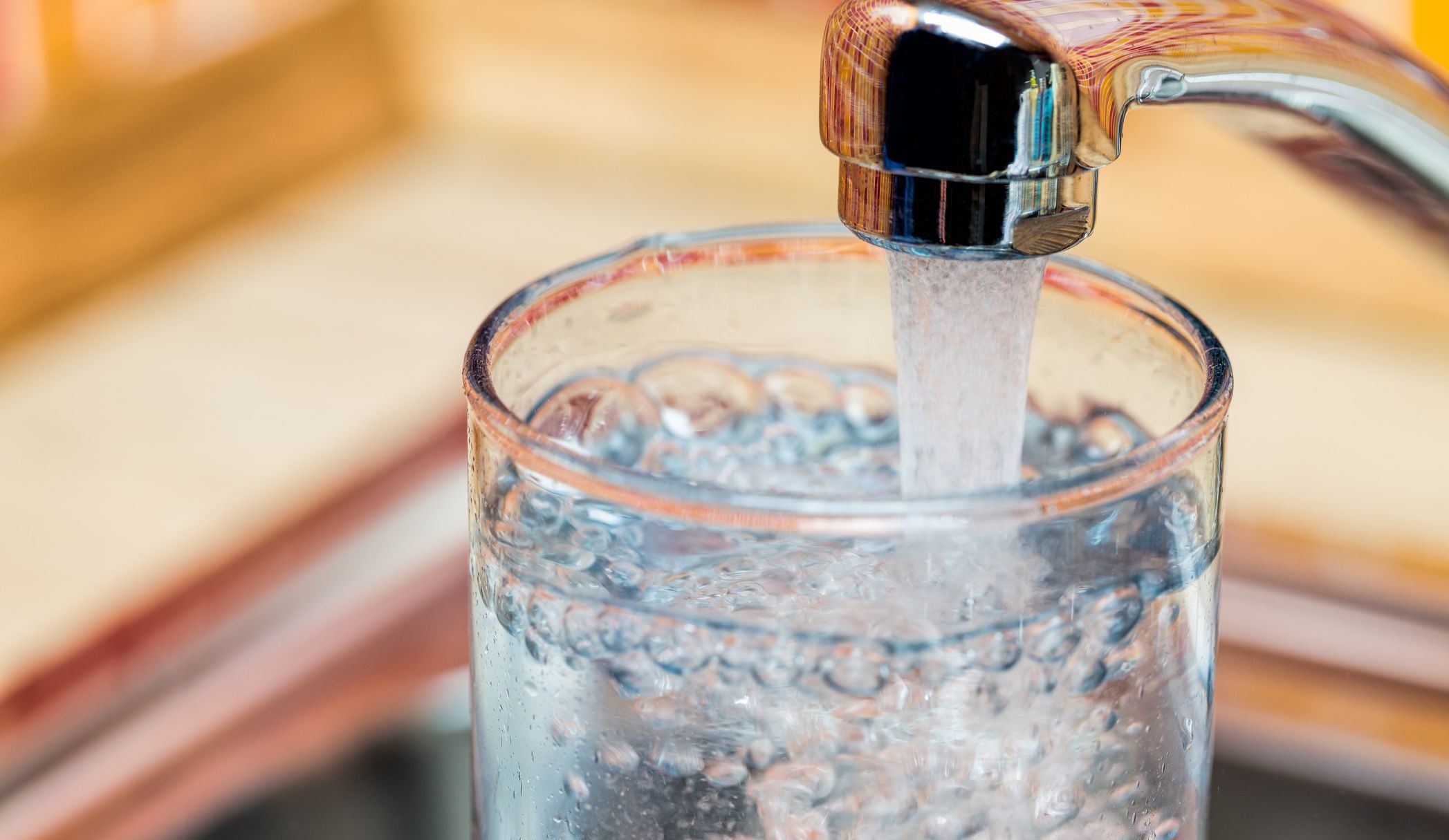
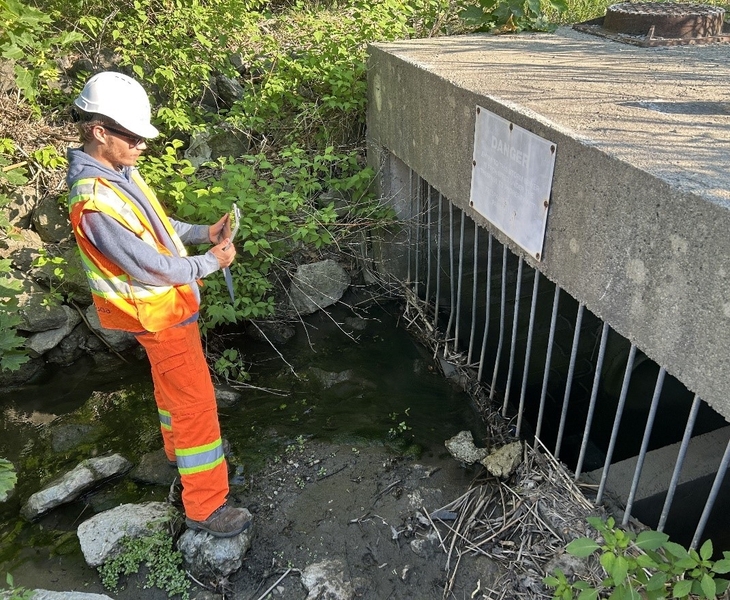
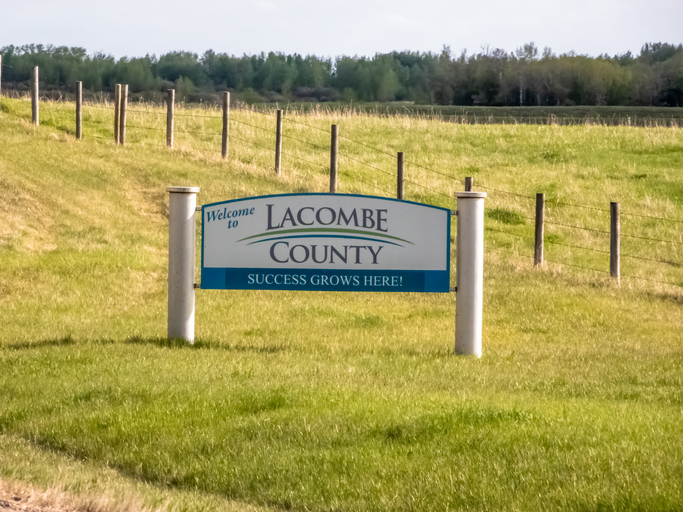
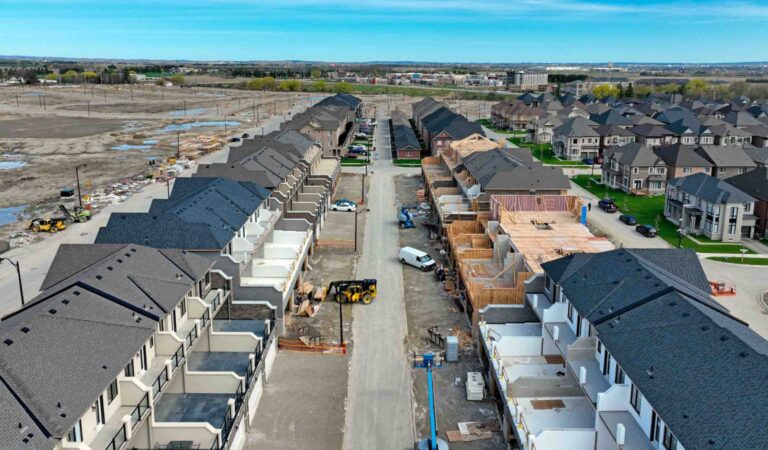
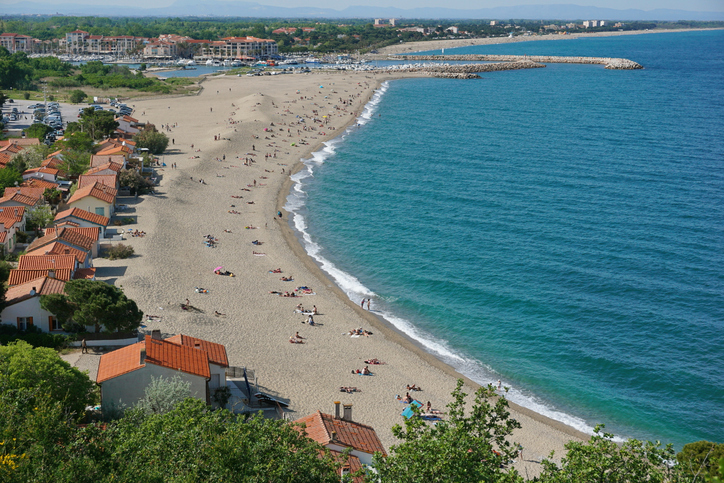
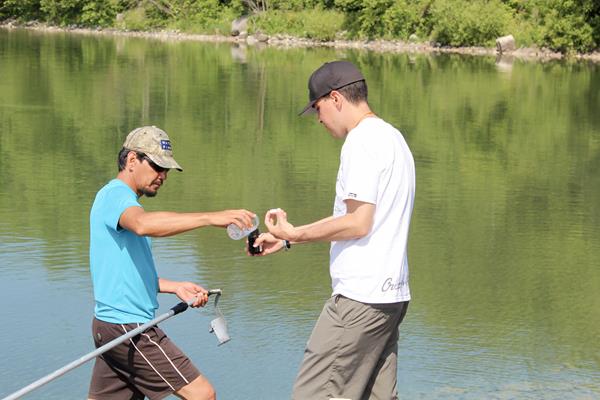
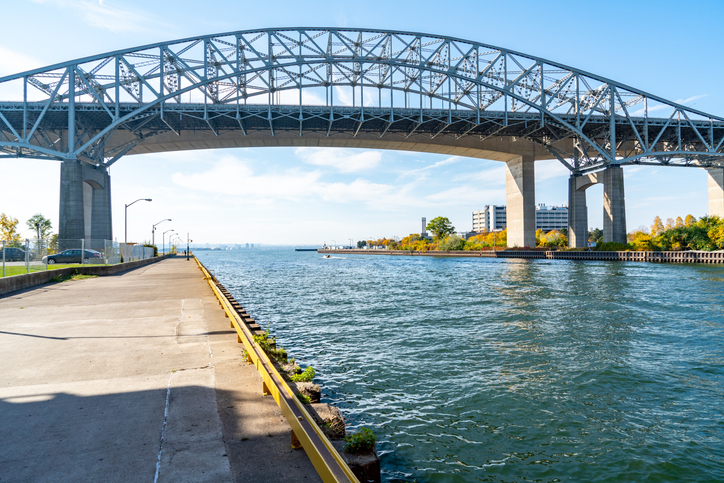


Why are you ending the short-term boil water advisories before the long-term ones? It’s the long-term ones that are the most detrimental to the communities and they’re also usually the ones that people have heard about and feel are a disgrace like the ones in Neskantaga, Grassy Narrows and who can forget the little girl holding the sign in Attawapiskat saying that she only has one kidney left and is tired of the neglect.
I know the federal government is working on these but they need to do more. This is the land of the First Nations. They don’t deserve the treatment they get from government. These multiple year drinking water advisories wouldn’t happen in Canadian cities and they shouldn’t happen anywhere else in Canada either.